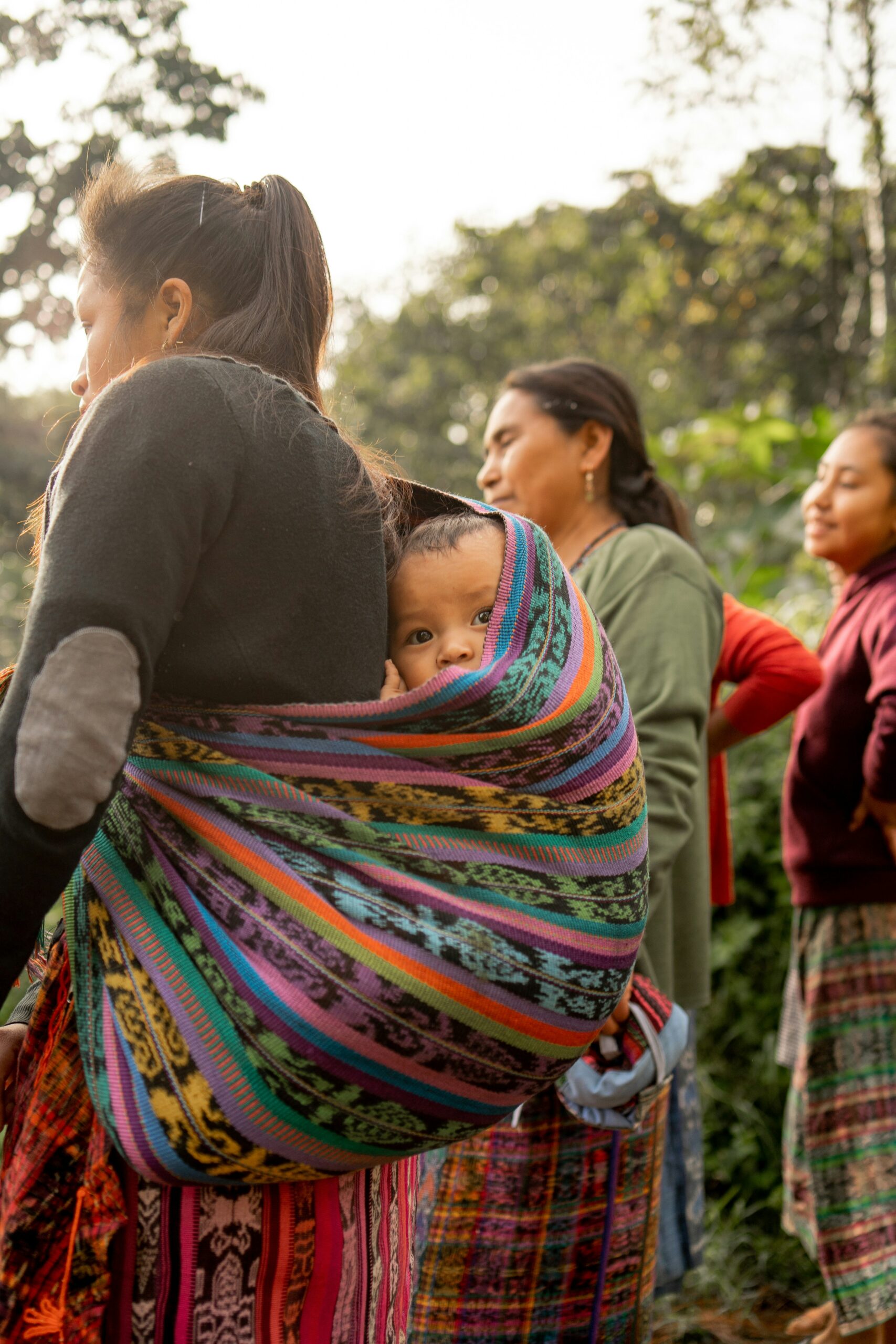
In a landmark ruling that reverberated across Guatemala and beyond, Judge Ingrid Cifuentes convicted six former government officials on charges related to the horrific fire at the Virgen de la Asuncion youth shelter that led to the tragic deaths of 41 girls in March 2017. The court’s decision on August 12, 2025, marks a pivotal moment in Guatemala’s ongoing struggle to overhaul its child protection services and hold accountable those responsible for governmental oversight failures.
The convicted individuals, comprising two former police officers and four former child protection officials, faced charges ranging from abuse of authority to manslaughter. Sentences handed down varied significantly, with prison terms between six to 25 years. Notably, the prosecution’s request for sentences up to 131 years for certain defendants underscores the gravity of the case and the public outcry it has generated.
During the trial, it emerged clearly that the shelter was operating under dire conditions, housing many more children than its legal capacity and ignoring prior court orders to shut down due to these violations. The tragedy unfolded when 56 girls, locked in a classroom as a punitive measure for a previous escape attempt, started a fire in a desperate protest against their inhumane treatment, including alleged sexual abuse.
The blaze was catastrophic, claiming lives immediately and leaving others with severe injuries. The national and international shock prompted calls for systemic reform and highlighted the broader issue of abuse within state-run shelters.
Judge Cifuentes, in her ruling, also directed further investigation into former President Jimmy Morales, indicating the potential involvement of higher governmental echelons in the negligence that led to the tragedy. This directive suggests that the ramifications of the case might reach further into the Guatemalan political landscape.
Survivor testimonies, particularly from Emily del Cid Linares, who endured burns in the fire, played a crucial role in the trial, bringing human faces to the unimaginable suffering endured by the victims. Linares’ relief at the verdict reflects a shared sentiment among survivors and victims’ families, who see this judgment as a step toward closure and justice.
The incident at the Virgen de la Asuncion shelter not only exposed severe misconduct and systemic failures but also sparked a nationwide debate on the state of child protection in Guatemala. It has led to increased scrutiny of other facilities and a push for comprehensive reforms to prevent such tragedies in the future.
The broader implications of this case for Guatemala’s legal and child protection systems are profound. It challenges the country to reassess its mechanisms for safeguarding vulnerable populations and to reinforce the accountability of those in positions of power.
As Guatemala continues to navigate the aftermath of this tragedy, the global community watches closely. The case serves as a poignant reminder of the critical need for robust protective systems for children worldwide and the dire consequences of their failure.


